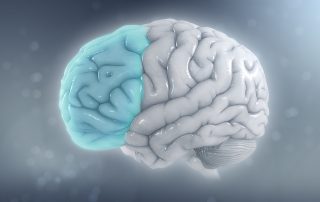Information about interventions used with SEMH and the evidence
5 Evidence Based ADHD Teaching Strategies
A child or young person with a diagnosis of ADHD can face a range of challenges in accessing learning and the community. Here are 5 evidence based ADHD teaching strategies to help reduce these barriers in your school. The ADHD classroom strategies listed below have been informed by "Managing ADHD in School" by






